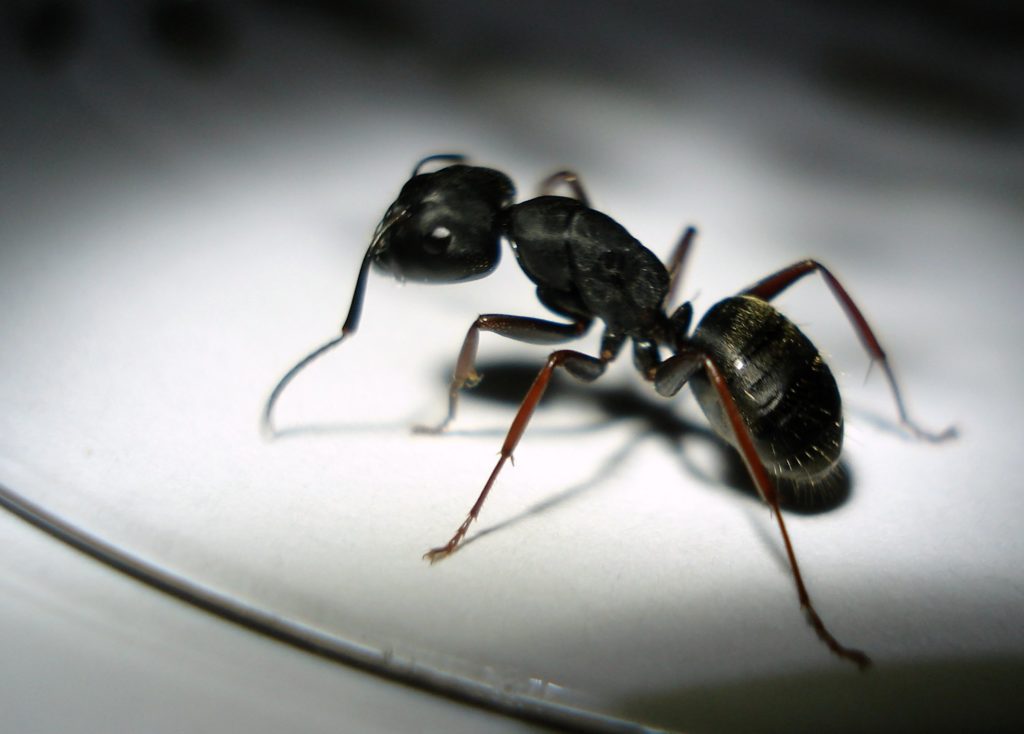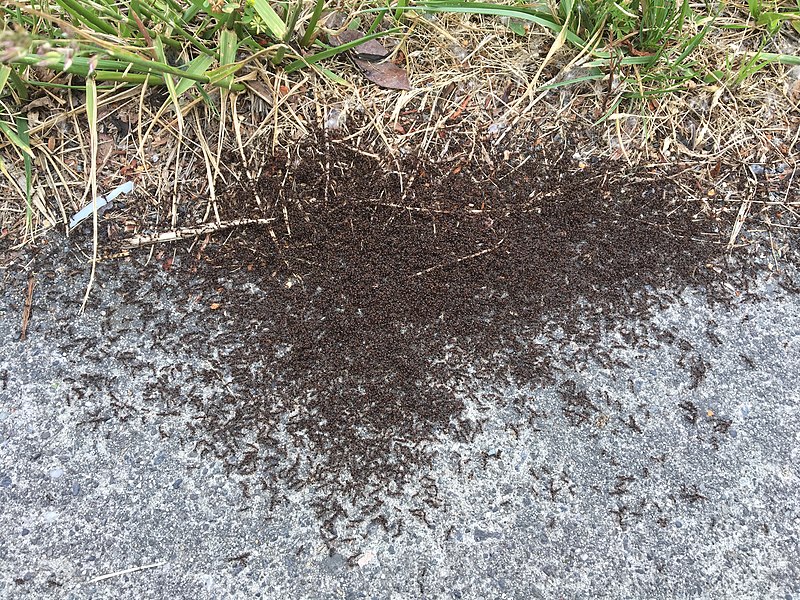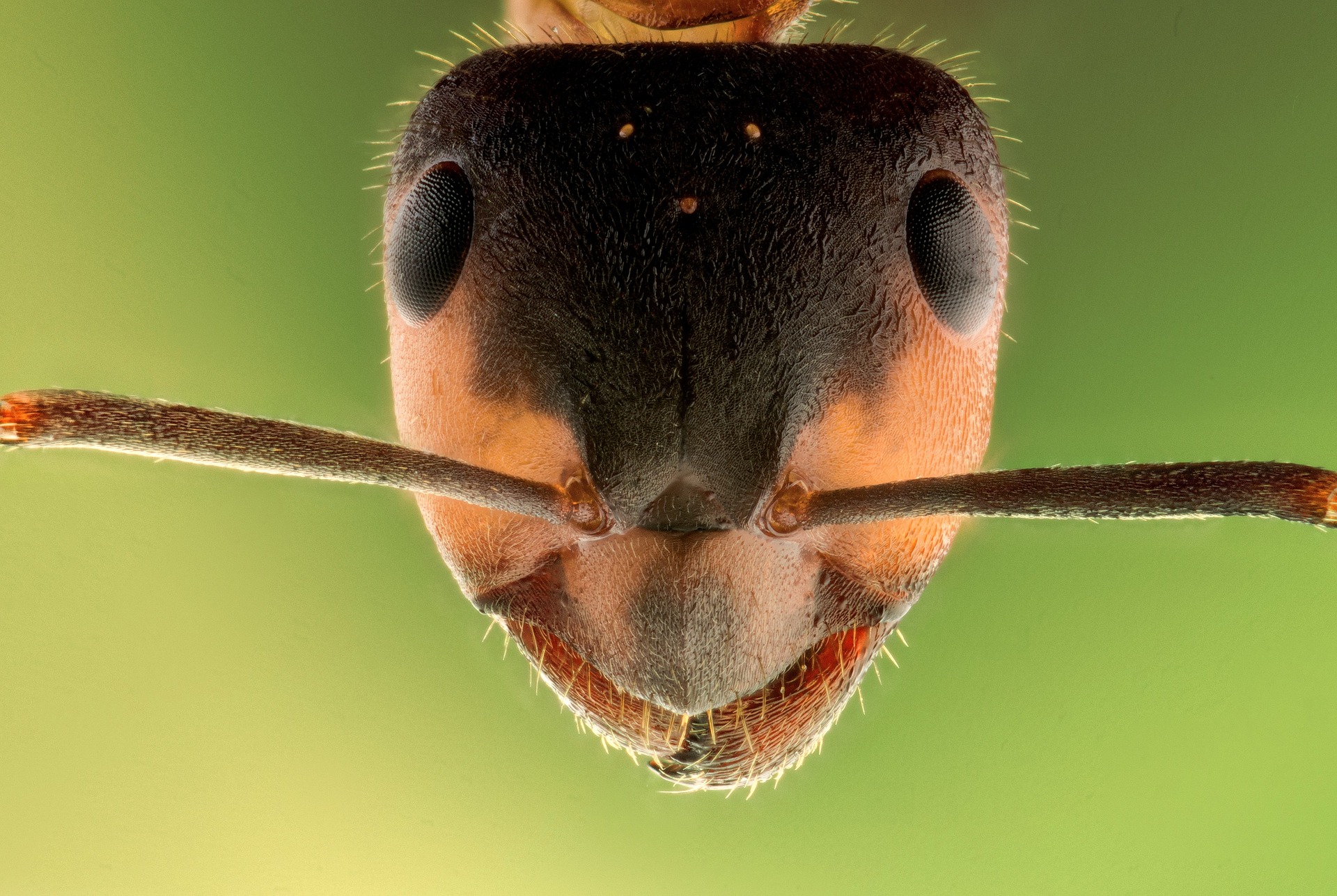Do you see ant trails in your kitchen at night, but there is no sign of them during the day? It’s easy to assume that ants are only busy at night, but this is not necessarily true. There are a lot of factors that determine an ant colony’s activity. Here’s everything you need to know.
When are ants active?
- Different ant species have different habits. Some are diurnal, meaning they are more active during the day— argentine ants and fire ants for example. Some are nocturnal, meaning they are more active during the night — carpenter ants and pavement ants. If you have an ant infestation at home, you will notice an increase in activity during the day if you are dealing with diurnal ants and during the night if you are dealing with nocturnal ants.
- Ants are actually active all day. Don’t let the words diurnal and nocturnal fool you. Diurnal ants can still be active during the night. It’s just that they are more active during the day and you are more likely to see them during this time. The same goes for nocturnal ants. They can still be active during the day and you just don’t see them as often. After all, ant activity doesn’t just involve looking for food. It also involves building nests and cleaning up. Ants are not exactly strict on when to do these things.
- Ant activity can vary depending on multiple factors. It’s not just the inherent diurnal and nocturnal nature of ants that determines what time they are active. The availability of food, climate, and season are significant factors as well. If you live in a colder area, you may be more vulnerable to ants that are more active during the day. This is because it’s warmer during the day, which is ideal for foraging. But if you live in a warmer area, you may be more vulnerable to those that are more active during the night. This is because they try to avoid extreme heat when the sun is out.

What do ants do in your home anyway?
- Look for resources. The primary reason why you have ants at home is the availability of food and water. They are industrious insects, and so they will look for resources relentlessly. Your home is just as good a place as the outside world. It can even be better if food and water are readily accessible in your home. Food crumbs and small water spills are enough to attract these creepy crawlers. The average size of ants is just about 3.7 millimeters. This means that even the smallest food and water sources will be attractive to them because these are enough to sustain them.
- Build nests to thrive. In the wild, ants can thrive almost anywhere — from deep within the soil or high up in trees. But your home is just as ideal. Different ants have different potential nesting spots around your property. You can have fire ants thriving in your unmaintained yard, pavement ants in the cracks of your driveway, and carpenter ants in damaged doors and windows. If you can’t find the ant nest troubling your home, just follow the ant trails around the food and water sources on your property. They usually lead back to the colony.
- Avoid predators. For this reason, most ants that invade homes are nocturnal. Since you are less active at night, they deem it safer to go out and look for food during this time window. This is the reason why you often see ant trails with dozens of ants in your kitchen at night and you don’t see even one ant there during the day. They are smart insects. They can also learn to avoid obstacles, predators, and traps.

How do you deal with ants at any time of the day?
- Get rid of food and water sources. Food and water are the primary attractors of ants. This is probably not news to you, but this could be — what we consider edible is not necessarily the same as what ants think. Yes, you can clean up food crumbs and small water spills in your kitchen. But don’t forget about moisture, which they can easily find in wet bathrooms and watered plants. Dead insects and fungi are also part of their diet, so you have to get rid of those as quickly as possible. To avoid these pests from thriving, you basically have to clean up all the time, including those that you don’t necessarily consider as edible.
- Watch out for scouts and ant trails. Ants can suddenly storm your kitchen for resources. But these ant trails have humble beginnings. They usually start with a few ants that serve as scouts. They look for resources and leave pheromones behind when they find them, essentially leading others to the food and water sources. If you see a few of these insects running around, don’t be complacent. They may be scouts. If you ignore them, they can lead a hoard back to where you have initially found them.
- Try natural remedies… There are natural ways to get rid of these insects — essential oils for example. But if you must go down the commercial product route always read the instructions carefully. Most commercial insecticides work by attacking the nervous system of pests. You could also try ant baits. These are toxic food items that they can bring back to their colony. If you are lucky, the baits can even kill the queen and completely get rid of your ant problem.
These foragers are very active pests
These insects can come out during the day or night depending on a variety of factors, including their inherent diurnal and nocturnal nature, the availability of food, and the temperature of their surroundings.
The best way to get rid of these pests is to make food and water inaccessible. If you are desperate you could use commercial products like insecticides and baits. But remember to read the instructions and follow them diligently. After all, these products can be toxic to you as well because of their powerful ingredients. There are natural ways to get rid of these creatures — such as essential oils — that are less harmful to us and our planet.

